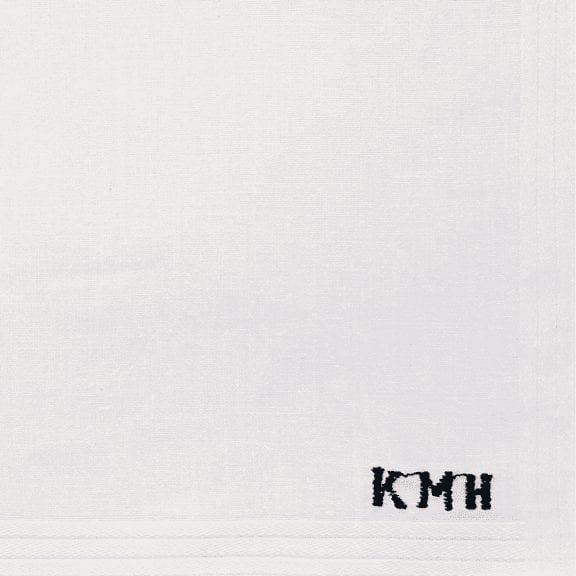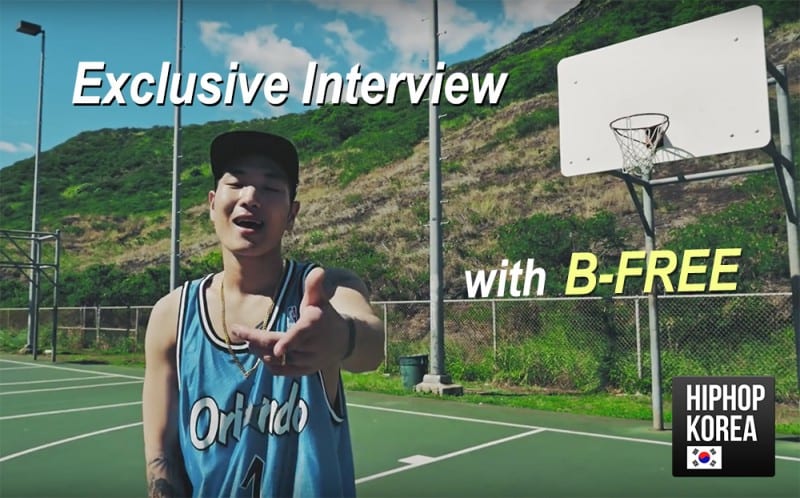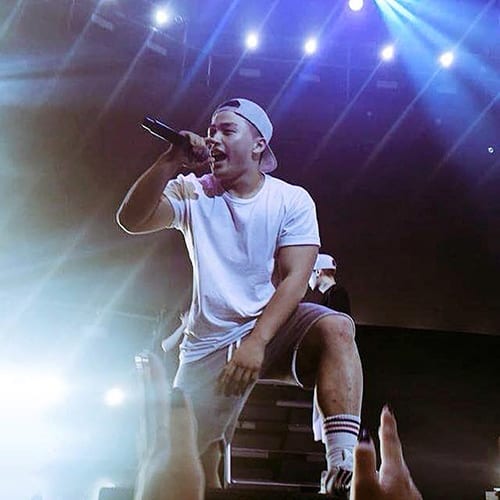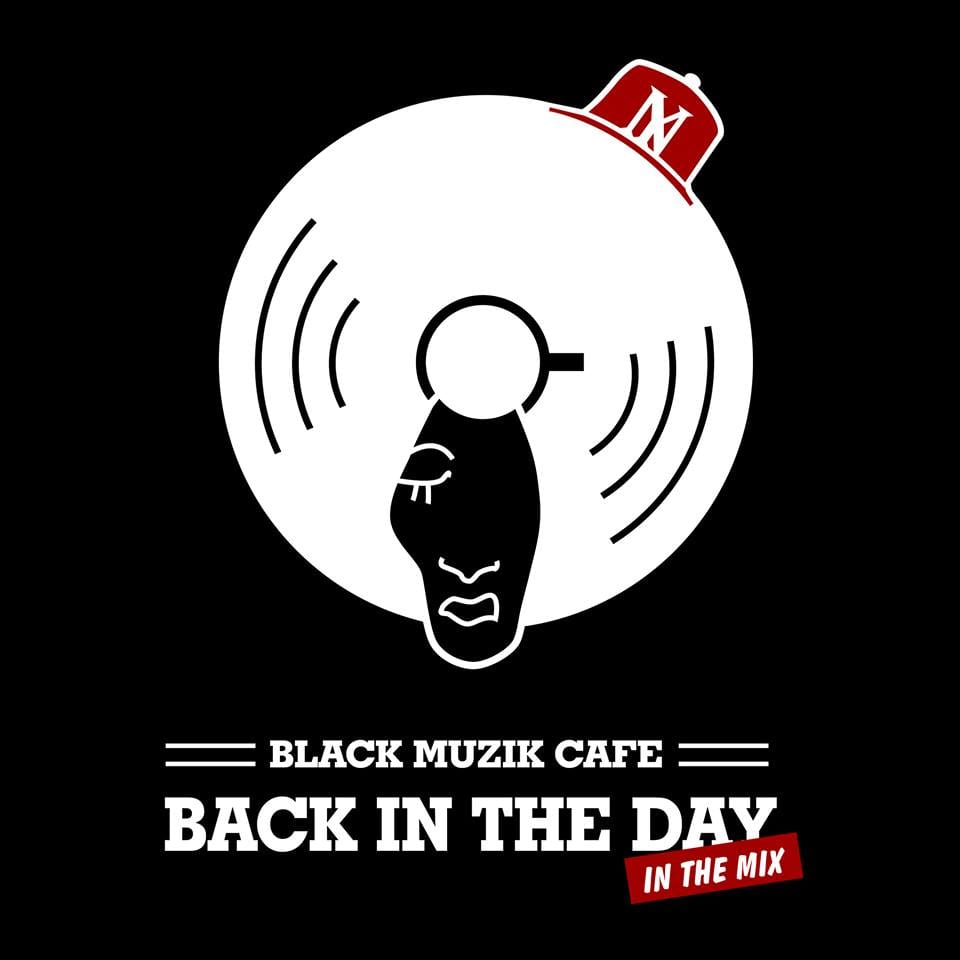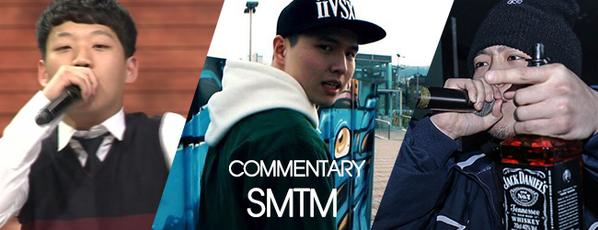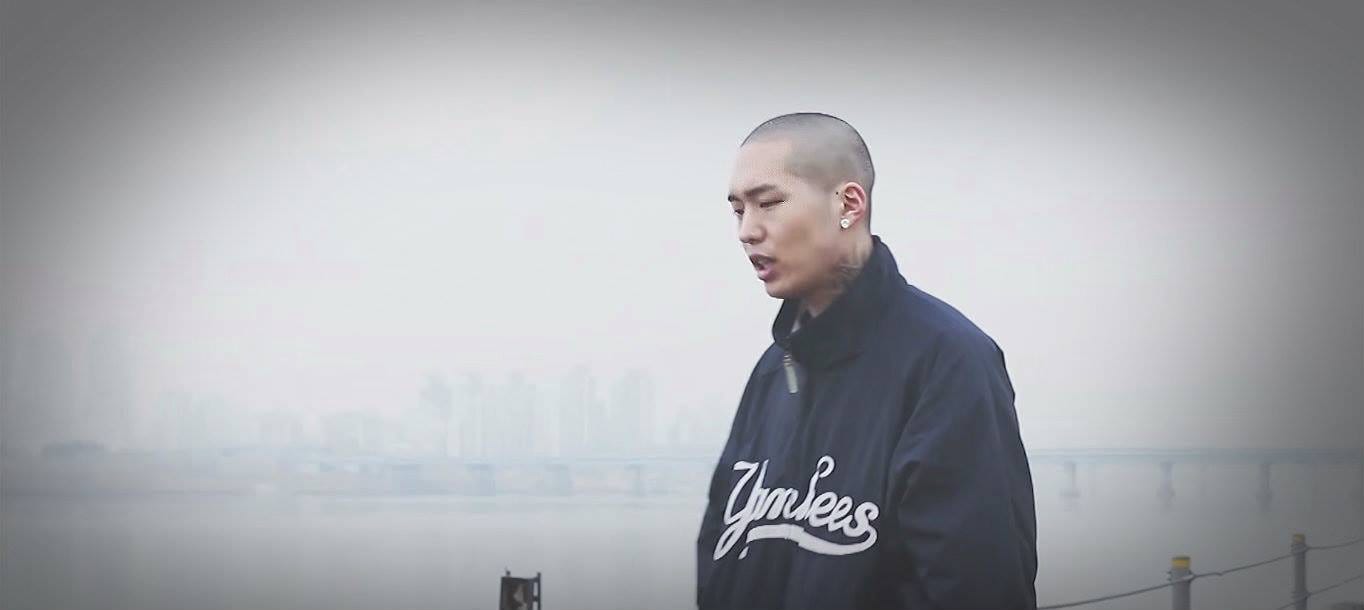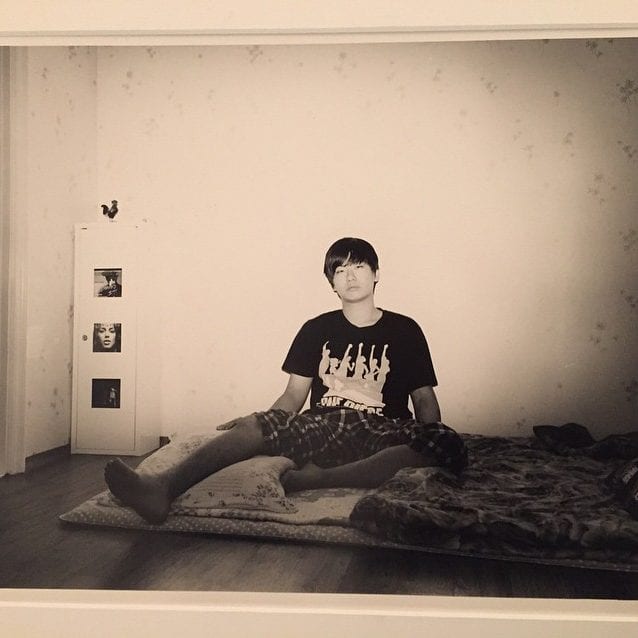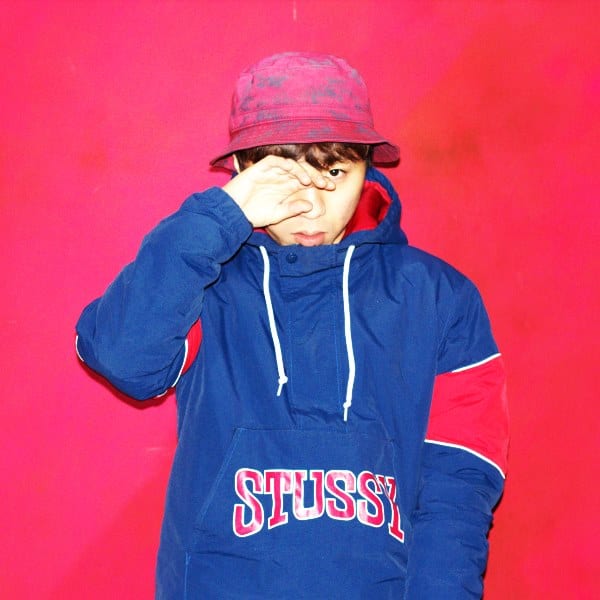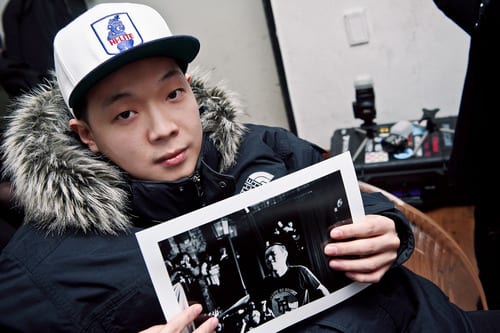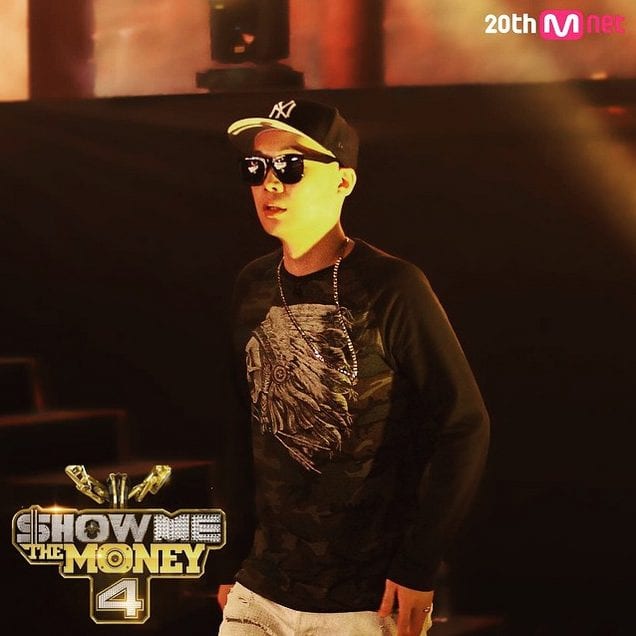Read Kim Haksun’s Sounding Review with BANA’s CEO Kim Kihyun on the making of E SENS’ album ‘The Anecdote’. (via mediaus)
Exclusive Interview with B-Free, “My music will never be bound by Korean society”
Check out our exclusive interview with Korean-born, Hawaii based rapper B-Free of HI-LITE Records. In this interview, we discuss about the Green Club Project, his upcoming solo album, HI-LITE compilation album #2 and much more. Check out the full interview below!
Microdot, “This time it’s different… this time I’m doing this in God’s way”
Check out our exclusive interview with Korean-born, New Zealand based rapper Microdot, where he talks about his music, his experience with Show Me the Money 4, and his personal ambitions and future direction.
Exclusive interview with DJ TomNig of black music cafe Back In The Day
Discover South Korea’s one and only black music cafe Back In The Day and read my interview with the owner DJ TomNig.
Exclusive Interview with Owen Ovadoz
Having recently released music with both Nafla and Joe Rhee, Owen Ovadoz has generated renewed excitement around 90’s old-school boom bap and his own personal upcoming projects. After he returned from a successful performance in LA, I invited him to talk about his thoughts on hiphop’s development and the promising projects he has planned for anticipating fans in an exclusive interview with HiphopKR.
Exclusive Interview with Rudeka (from September 2014)
“I’m not afraid of dying, I’m just afraid of being forgotten.”
Rudeka has produced and released over 14 mixtapes and stands out with a special rap style, a unique voice and honest lyrics. In 2013, he chose music over university and has recently released his latest mixtape ‘The Amazing RUDE-MAN’.
Tkhhi has asked him about his mixtape, himself and music.
Exclusive Interview with Chillin Ovatime
I recently had the opportunity to talk with Chillin Ovatime, a Korean hiphop artist recognized by fans for his lyrical coherence and rhythmic creativity. During the past week, he agreed to answer fans’ questions about his career and the overall state of Korean hiphop in an exclusive interview with HiphopKR.
Fans’ Q&A with Paloalto on Twitter
About an hour ago, Paloalto answered fans’ questions on Twitter again, amongst others about Show Me The Money 4 and his upcoming single ‘No Love’.
